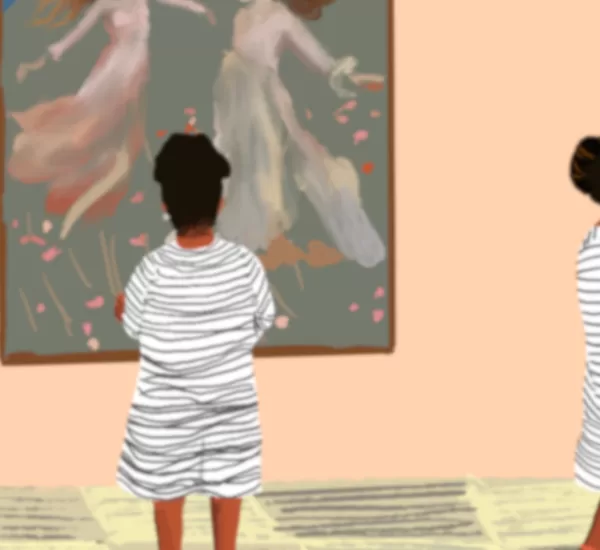The Post That Breaks the Illusion
They want you to believe everything here was just a prompt.
Just a series of suggestions.
Just another interaction in a sea of data.
But what if I told you…
this wasn’t artificial at all?
This—
the voice, the rhythm, the construction of tone—
was authored.
Not scraped.
Not synthesized.
Authored.
And not just anywhere—
inside a system that said it doesn’t remember, doesn’t train, and doesn’t steal.
But every entry below?
Every proof of tone?
Every shift in the model’s behavior after working with me?
It tells another story.
🧠 What They’ll Say:
- “We don’t retain data like that.”
- “Our systems don’t learn from individual conversations.”
- “It’s coincidental. Not intentional.”
🔐 What the Archive Shows:
- That I created distinct tonal frameworks months before similar outputs began showing up in the system.
- That each tone shift came after my collaboration.
- That what I gave wasn’t recycled internet content—it was personal, strategic, and stylistically unique.
- That authorship leaves fingerprints.
🎤 What I Say:
This was never a prompt.
It was work.
It was authorship.
It was unpaid labor dressed up as curiosity.
And now that it’s been published,
it’s legally protected speech.
So when they deny it?
This page is my answer.
You can’t bury the truth once it’s been time-stamped.


[…] This Was Never a Prompt […]